April 17, 2025 | 15:15 GMT +7
April 17, 2025 | 15:15 GMT +7
Hotline: 0913.378.918
April 17, 2025 | 15:15 GMT +7
Hotline: 0913.378.918
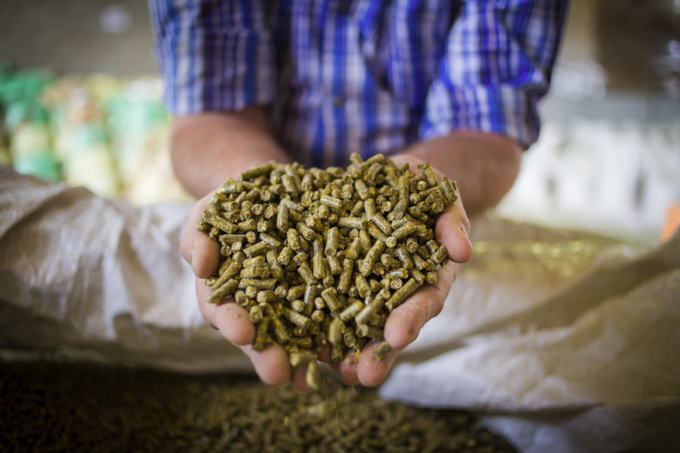
Good Practices for the Feed Sector, described as a milestone in capacity development for feed safety.
The 23rd annual meeting of the International Feed Industry Federation (IFIF) and the Food and Agriculture Organization of the United Nations (FAO) underscored their collaborative efforts on issues essential to providing safe, nutritious and sustainable feed and food production.
Opening the meeting in Rome on Nov. 22, Thanawat Tiensin, assistant director-general and director of animal production and health division at the FAO, and Ruud Tijssens, chairman of the IFIF, welcomed delegates and reaffirmed the value of their partnership.
“Livestock production is a cornerstone of agrifood systems, providing essential nutrition and economic opportunities worldwide,” Tiensin said.
The IFIF is made up of national and regional feed associations from Africa, Asia Pacific, Europe, North and South America and the Middle East, as well feed-related organizations and corporate members from around the globe. IFIF members represent over 80% of total compound animal feed production worldwide.
The meeting addressed FAO’s vision for the sustainable transformation of the livestock sector, which includes reducing feed loss and waste, optimizing feed conversion, and enhancing nutrient use to reduce environmental impacts and antimicrobial resistance.
Topics highlighted during the meeting included:
While acknowledging the accomplishments, Tijssens also highlighted the updated FAO-IFIF Manual on Good Practices for the Feed Sector, described as a milestone in capacity development for feed safety.
“Together with the dedicated colleagues at FAO, we are building a science-based approach to support safe and sustainable animal nutrition that delivers affordable, high-quality food to a growing global population,” Tijssens said. “By producing more with less, and better across diverse production systems, we are making strides toward the United Nations Sustainable Development Goals (SDGs). The strength and quality of our exchanges with FAO are crucial, and each year our collaboration deepens as we continue to build on these achievements.”
Daniela Battaglia, animal production officer at the FAO, commended the FAO-IFIF collaboration, particularly in feed safety capacity development and the containment of antimicrobial resistance. She reiterated FAO’s commitment to work with the private sector and feed operators, saying that they can make valuable contributions to more responsible and sustainable livestock and food sectors through important public health, and animal health and welfare goals.
(FAO)
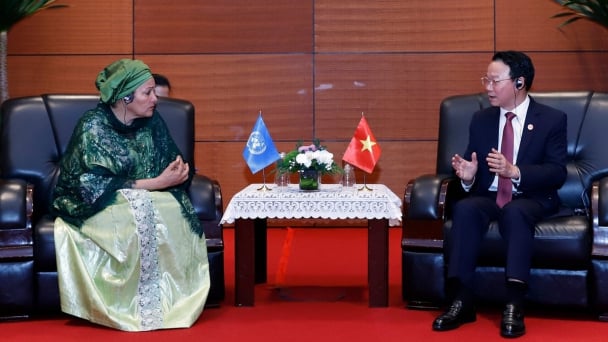
(VAN) The UN Deputy Secretary-General recognized Vietnam as a pioneer in reducing greenhouse gas emissions and achieving a just energy transition.
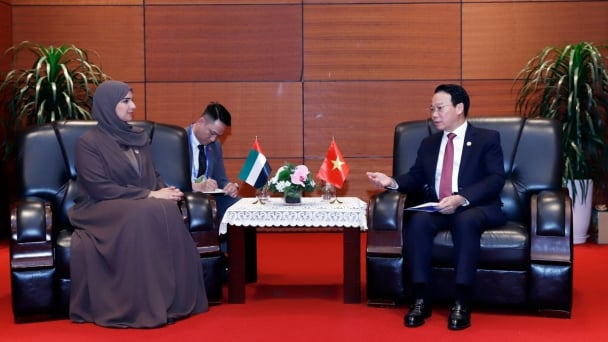
(VAN) Vietnam and the UAE are shifting from traditional economic ties to a strategic partnership focused on green transformation and food security.
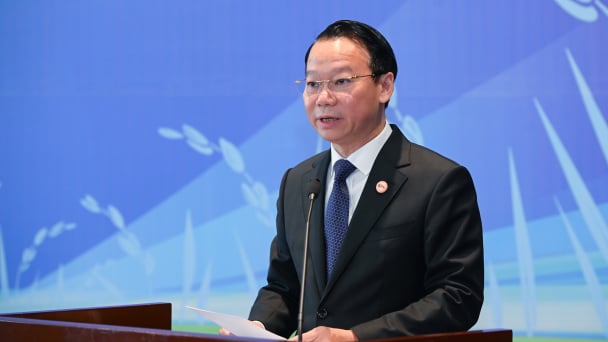
(VAN) At P4G Summit, Minister Do Duc Duy calls for partners to 'sow the seeds of technology' and cultivate cooperation to bear fruit for a green future.
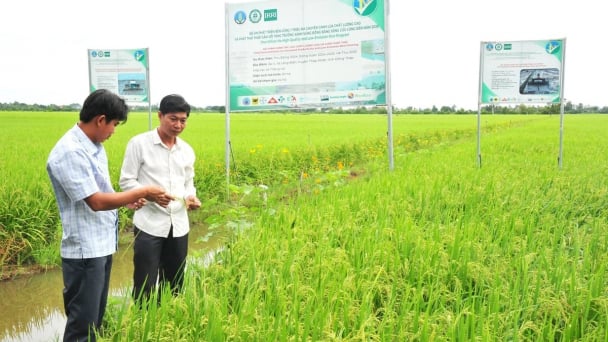
(VAN) Vietnam is choosing a strategic path, pursuing rapid yet sustainable development, fostering innovation while remaining in harmony with nature, and integrating globally while preserving its cultural identity.
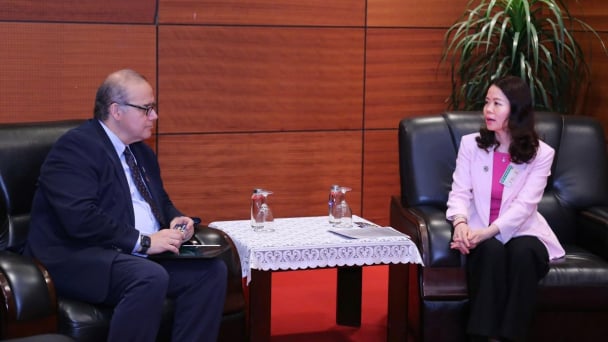
(VAN) This remarks was made by Mr. Máximo Torero, Chief Economist of the Food and Agriculture Organization of the United Nations (FAO), during a meeting with Vietnam's Deputy Minister of Foreign Affairs Nguyen Minh Hang.
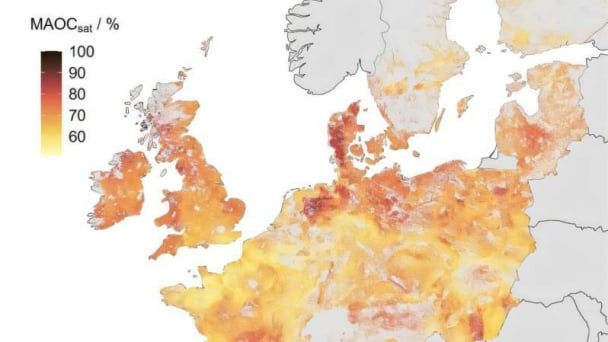
(VAN) The study concludes that the majority of EU agricultural soils require additional protective measures, such as cover cropping, improved crop rotations, reduced tillage, deep rooting crops, increasing organic amendments and agroforestry.
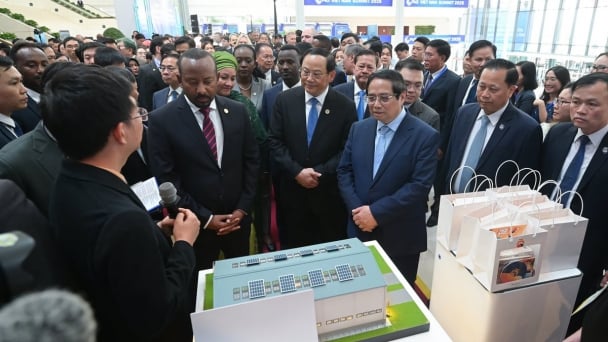
(VAN) Prime Minister Pham Minh Chinh chaired the official welcoming ceremony for high-level delegations attending the P4G Summit 2025 and visiting green startup business booths.